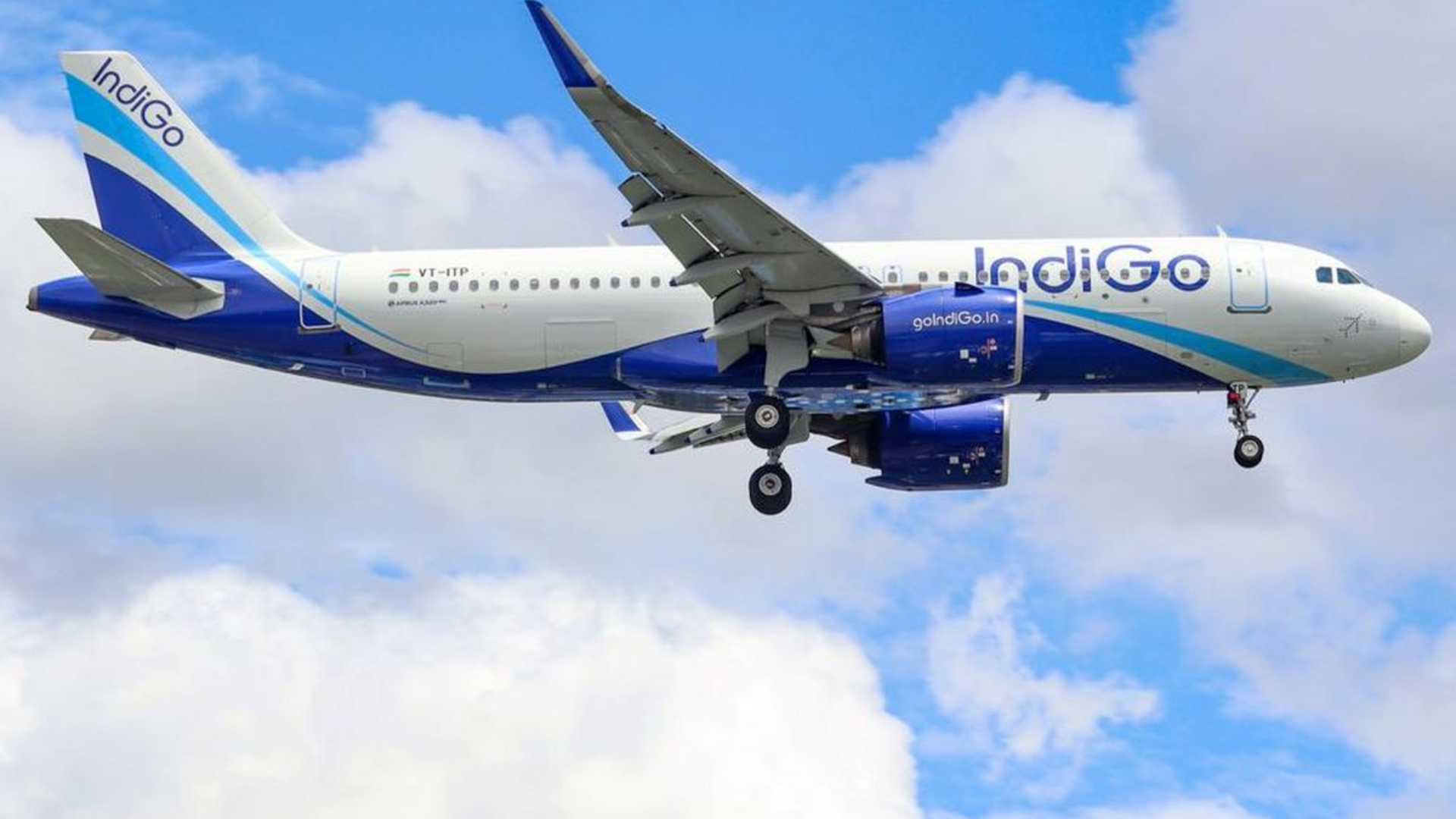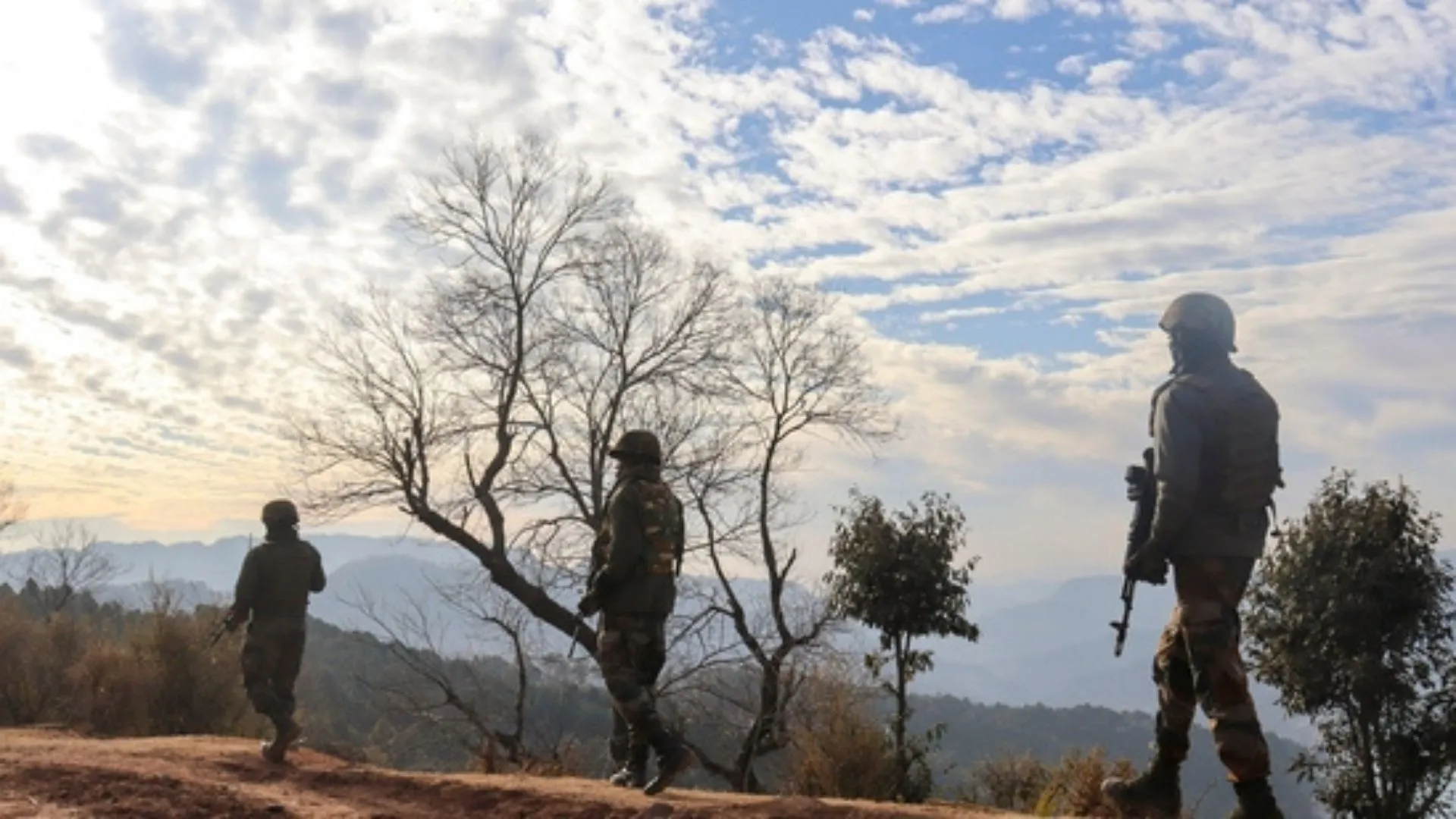A Southwest Airlines flight narrowly escaped a catastrophic crash near Hawaii in April, coming within 400 feet of the ocean after aborting a landing due to adverse weather conditions, according to a Bloomberg report.
During the incident, a Boeing 737 Max 8 dropped several hundred feet in seconds before the crew regained control just in time to avoid a fatal crash. Fortunately, no injuries were reported among the passengers.
Southwest Flight 2786 was at approximately 1,000 feet altitude when it aborted its landing due to poor visibility from adverse weather. Data from ADS-B Exchange, a flight tracking website, showed the aircraft descended to within 400 feet of the sea. The flight crew, in a panic, initiated a rapid climb to avoid the ocean.
Kit Darby, a former commercial airline pilot and flight instructor, told Bloomberg, “The pilot was pitching up and pitching down with the power and close to out of control — very close. It would feel like a roller coaster ride.”
What happened with Southwest Airlines Flight 2786?
The flight had departed from Honolulu for a short trip to Lihue Airport. Due to the brief flight time, the captain allowed the “newer” first officer to take command. As the plane approached the airport, worsening weather obscured the runway, leading the pilot to abort the landing.
The memo explained that the first officer “inadvertently” pushed forward on the controls while monitoring the thrust level, which adjusts automatically. This caused the plane to descend at an alarming rate of over 4,000 feet per second, triggering alarms. The captain then ordered the first officer to increase thrust, resulting in the plane climbing “aggressively” at a rate of 8,500 feet per minute.
The plane eventually returned to Honolulu and landed safely.
Darby told Bloomberg that typical descents are much more gradual, usually at around 1,500 to 2,000 feet per minute as flights approach their destination, reaching about 800 feet within five miles of the airport.
“Nothing is more important to Southwest than Safety,” a Southwest Airlines spokesperson told The New York Post, adding, “Through our robust Safety Management System, the event was addressed appropriately as we always strive for continuous improvement.”
The airline has pledged to review industry and internal data to determine if protocols and training require updates.
According to Bloomberg, the Federal Aviation Administration (FAA) is investigating the incident.









